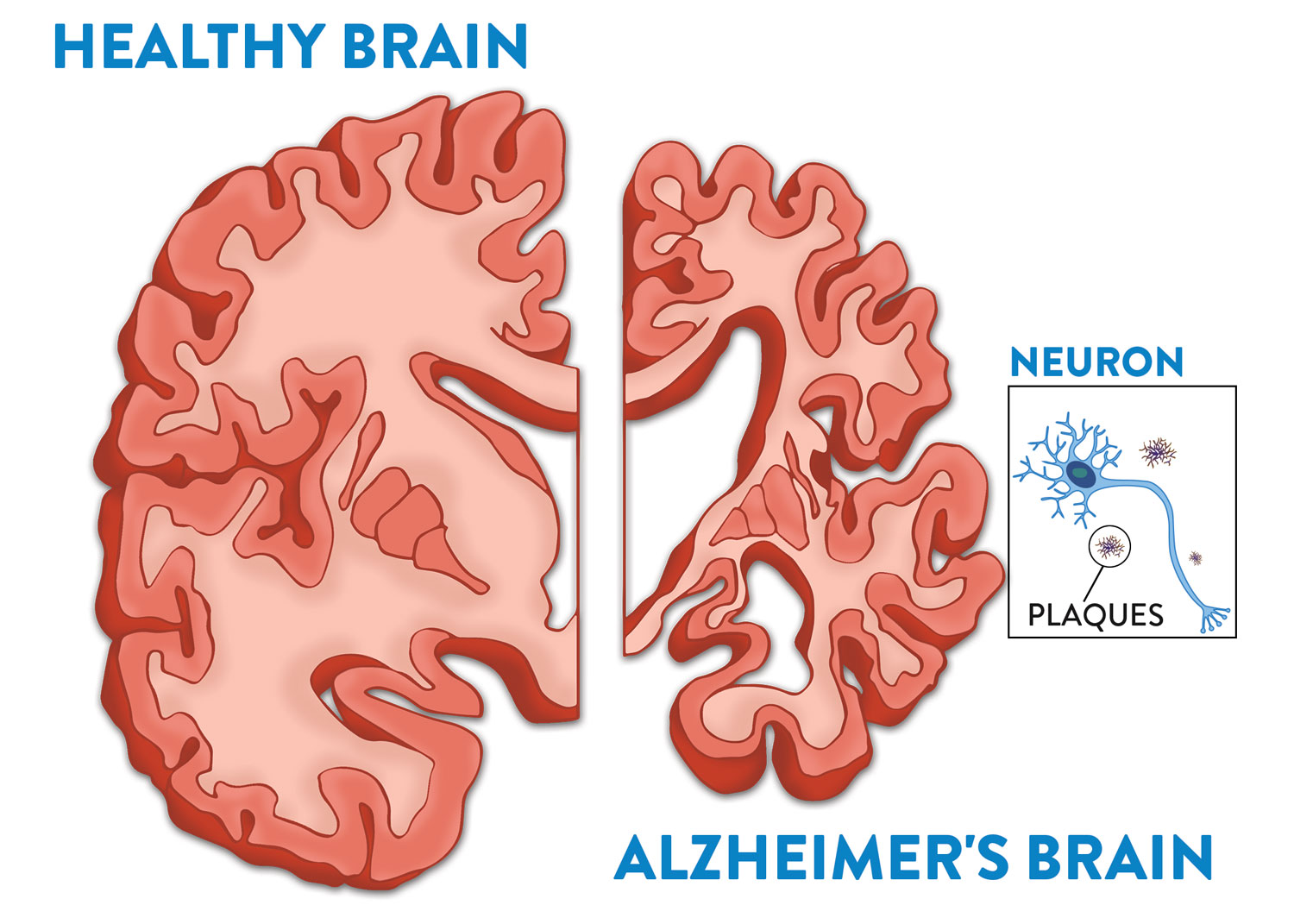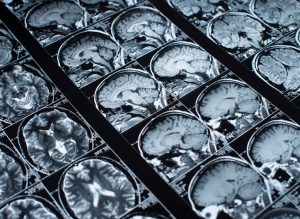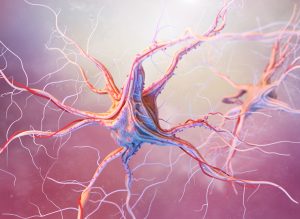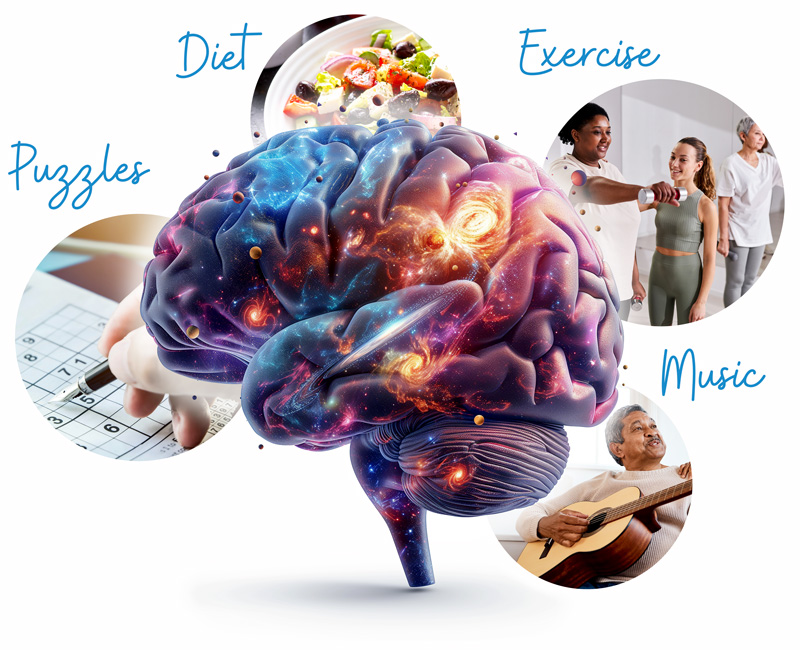BRAIN AWARENESS WEEK
Brain Awareness Week is an annual global campaign that aims to increase public awareness and understanding of the brain and its functions. This week-long affair is typically held in March, during Brain Awareness Week a range of activities are organized by scientific organizations, schools, and community groups to help people of all ages learn more about the brain, its incredible abilities, and the importance of brain research. The ultimate goal of Brain Awareness Week is to encourage people to become more engaged in brain research and to support efforts to improve brain health and treat neurological disorders.

BRAIN FACTS
BRAIN HEALTH TIPS
Elevate your mind! Our Brain Awareness series is your guide to better brain health.
Sign up now for expert tips straight to your inbox.
"*" indicates required fields
By completing this form, we will add you to our Brain Awareness email series, and add you to our Alzheimer’s Research News You Can Use newsletter with your confirmation.

The Devastating Effects of Alzheimer's Disease on Memory, Thinking, and Personality
People with Alzheimer's Disease gradually suffer memory loss and a decline in thinking abilities, as well as significant personality changes. These losses in cognitive function are accompanied by changes in the brain, including the build-up of amyloid plaques and tau-containing neurofibrillary tangles, which result in the death of brain cells and the breakdown of the connections between them.
The Healthy Brain vs. Alzheimer's Brain:
What You Need to Know

CEREBRUM: The main part of the brain filling most of the skull and consisting of two hemispheres. It is crucial for remembering, problem solving, thinking, feeling and movement.
CEREBRAL CORTEX (outer layer of the cerebrum): Interprets sensations, generates thoughts, participates in learning, memory and controls movement.
CEREBELLUM: Controls coordination and balance.
BRAIN STEM: Connects the brain to the spinal cord and controls breathing, digestion, heart rate and more.
CEREBRAL CORTEX: Due to widespread cell death, the cortex shrivels up, and individuals lose their ability to communicate, recognize family and friends and care for themselves.
NERVE CELLS AND TISSUES: Progressive cell and tissue death causes the brain to shrink dramatically and over time affects nearly all of a person’s functions.
HIPPOCAMPUS: Severe shrinking impairs the ability to form new memories.
VENTRICLES: Fluid-filled spaces grow larger due to brain cell death and brain shrinkage, leading to the ventricles expansion. The brain cell death causes thinking and reasoning problems, followed by difficulty in walking and loss of bladder control.
TANGLES: Abnormal, twisted clusters of proteins (e.g. Tau) that slowly prevent cells from functioning, which ultimately lead to cell death and can cause serious brain malfunctions.
PLAQUES: Abnormal aggregates of protein fragments (e.g. Abeta) that accumulate between cells, slowly perturbing most brain functions.
Every 65 seconds, someone in the United States develops Alzheimer's disease, a debilitating condition that slowly erodes the mind and body. By donating to Alzheimer's research, you can make a significant difference in the lives of those affected by this devastating disease. Your contribution will help fund critical research to develop new treatments and, ultimately, find a cure. By taking action today, you can help bring us one step closer to a world without Alzheimer's. Donate now and make a difference in the fight against Alzheimer's.
LEARN MORE ABOUT THE BRAIN AND ALZHEIMER'S
The affects of Alzheimer's in the Brain

People with Alzheimer’s disease gradually suffer memory loss and a decline in thinking abilities, as well as major personality changes. These losses in cognitive function are accompanied by changes in the brain.
Brain changes 20 Years Before Alzheimer’s

Scientists increasingly recognize Alzheimer’s as a disease process that begins years before symptoms of dementia become evident. Research has found changes in the brain and body up to 20 years before Alzheimer’s symptoms arise.
How Brain Plaque Affects Your Memory

Beta-amyloid, a toxic protein when it builds up in the brain to form plaques, is a hallmark of Alzheimer’s disease. But many people have beta-amyloid buildup in the brain for years without showing severe memory loss.










